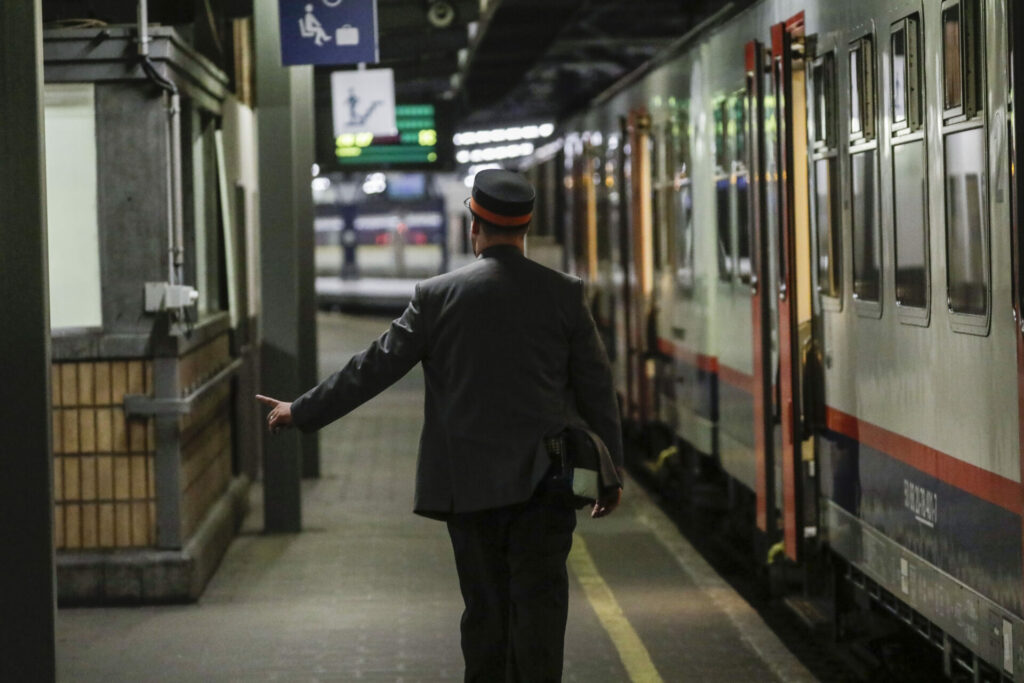Today, three-quarters of the trains in Belgium will not run due to a 24-hour strike announced by the joint rail union front, which will severely disrupt train traffic across the country.
Rail unions are taking action after the Federal Government failed to adapt its rail budget to grant workers' requests, and allocate more resources towards tackling staff shortages and declining working conditions. The strike has been brought forward to put extra pressure on the authorities when discussing the 2023-24 budget.
An alternative service will be in effect from Tuesday 4 October 22:00 until Wednesday 5 October midnight. About one in four trains will run. SNCB's spokesperson Dimitri Temmerman told The Brussels Times that all replacement services are operating as announced.
"We recommend passengers look at the journey planner," he added. This webpage provides information on all trains that are running today and which will be cancelled. The screens in train stations across the country will only show the trains running during the strike.
Which trains are operating?
A run-down of today's services:
- Two in five IC trains will run (direct trains between Belgium's biggest cities)
- One in four S and L trains will run (in and around cities and local trains)
- Most P trains (trains running during rush hours in the morning and evening) will not run
- No trains will run in the provinces of Namur and Luxembourg
The strike started at 22:00 on Tuesday evening and will last 24 hours; train travel will be disrupted until the end of the day on Wednesday. From Thursday morning 6 October, train services will resume as normal.
What's the strike about?
Rail unions (the Joint Front of Railway Workers) had previously called on the Federal Government to adjust its rail budget to grant them more resources to tackle staff shortages and declining working conditions.
The joint union demanded that "urgent measures be taken to stop the decline in working conditions for railway staff and to provide quality public services." This should include a social contract that safeguards recruitment, working conditions and staff welfare.
The government response did not contain budgetary guarantees and is limited to a statement of intent, which the union considered insufficient to guarantee their demands would be met. The action was originally planned for 18 October but was brought forward to coincide with federal budget discussions.
The European Transport Workers’ Federation (ETF) pointed to the contradiction in the government's vision for trains. Whilst it wants to double passenger trains and increase rail freight, it is at the same time cutting services and underfinancing the rail system.
Related News
- Belgium in Brief: Can business continue without cars?
- Rail traffic across Belgium 'severely disrupted' due to Wednesday strike
- Rail strike on Wednesday: Government promises clarity on funding
Georges Gilkinet, Federal Mobility Minister said during an interview with LN-24 that the strike is the result of 20 years of "underinvestment in rail, of savings that were made under the last legislature."
"The unions are sending a message: it's money time for the train, it's time to decide on a budgetary trajectory for the railways for the next ten years. New investments must be made."
The ETF argues that the lack of a real pay rise for workers in the last two decades has accumulated thousands of days of overtime that rail workers cannot take off due to staff shortages, job vacancies not being filled due to the unattractiveness of the job, and more and more rail workers leaving the sector due to poor working conditions.

